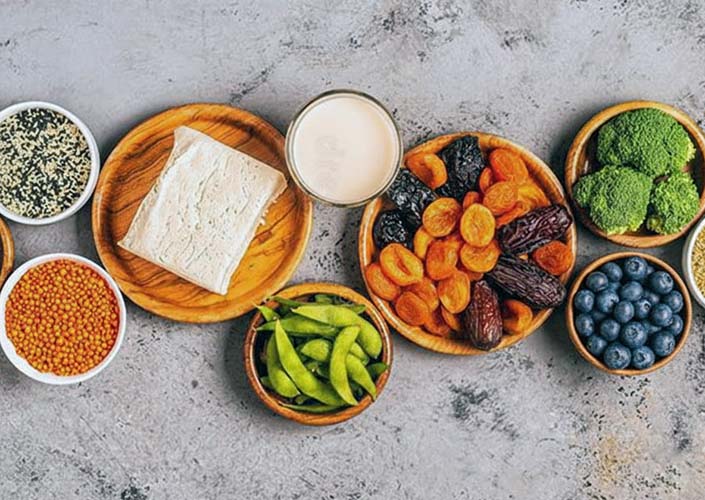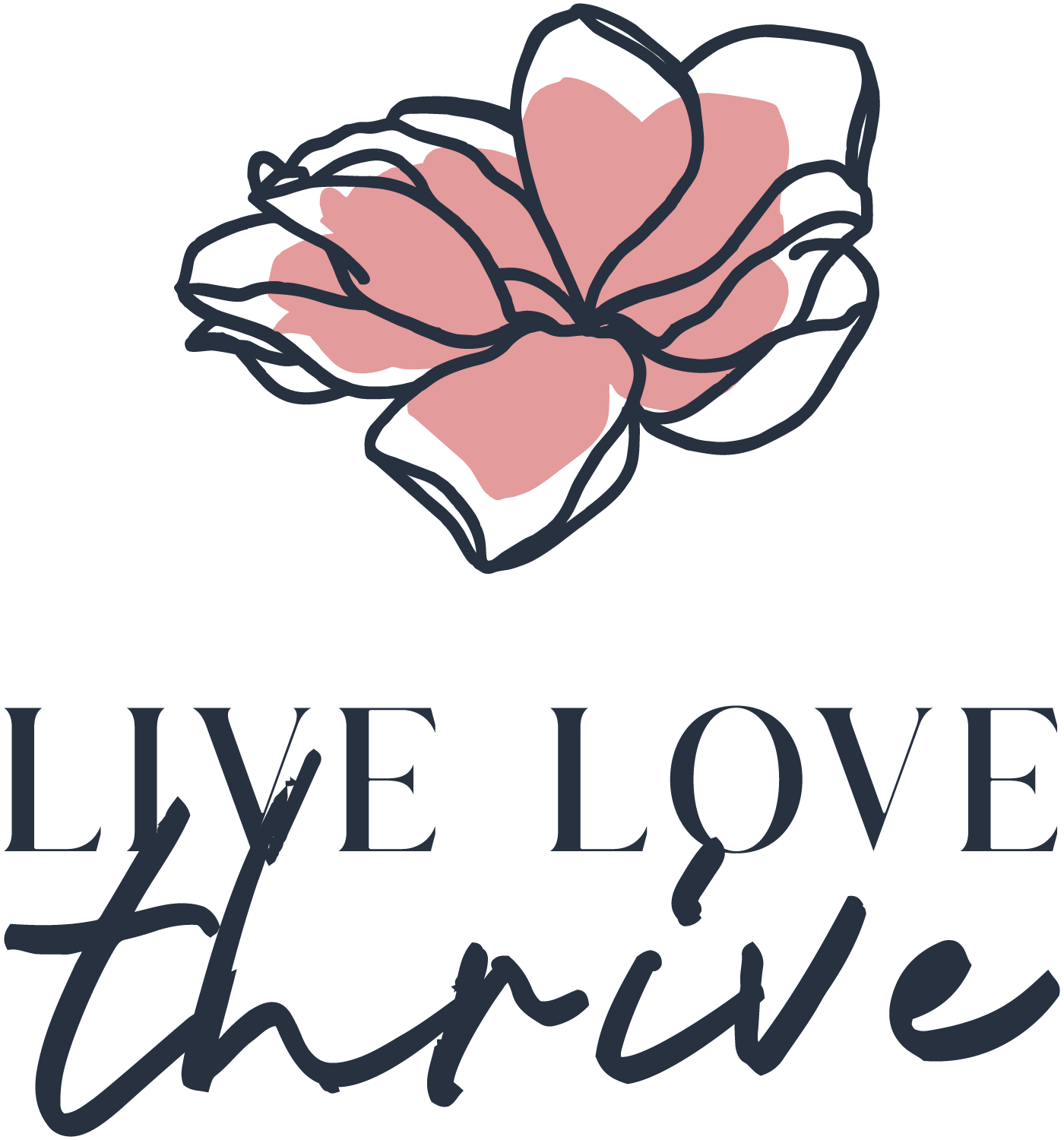
As estrogen naturally declines during perimenopause and menopause, many women notice hot flashes, sleep disruption, mood shifts, and changes in metabolism. Your food choices are a gentle, effective way to support hormone balance. This article focuses on estrogen rich foods for menopause and practical ways to include them in your daily routine.
What Are Phytoestrogens?
Phytoestrogens are plant compounds that have weak estrogen-like activity in the body. They are not the same as human estrogen, but they can interact with estrogen receptors and help modulate symptoms.
Foods high in estrogen for menopause typically contain two main classes of phytoestrogens— isoflavones and lignans— plus other nutrients that support overall health.
Top Estrogen-Rich Foods for Menopause
-
Flaxseeds
Flaxseeds are among the richest dietary sources of lignans. They also provide omega-3s and fiber to support heart health and digestion.
Tip: Grind flaxseeds and stir into oatmeal, smoothies, or yogurt for an easy daily boost. -
Soy and Soy Products
Soybeans, tofu, tempeh, and edamame contain isoflavones, which have been studied for their potential to reduce hot flashes and support bone health.
Tip: Aim for a few servings per week from whole soy foods rather than processed soy products. You can also consider supplements such as Thrive GRACE that contain soy isoflavones. -
Chickpeas and Lentils
Legumes provide phytoestrogens plus protein and fiber, which help stabilize blood sugar and support gut health.
Tip: Add chickpeas to salads, or enjoy lentil soups and stews. -
Sesame Seeds
Sesame seeds are a good source of lignans and offer a pleasant nutty texture when sprinkled on dishes.
Tip: Toast sesame seeds and add them to grain bowls or roasted vegetables. -
Dried Fruits
Dried apricots, dates, and prunes contain phytoestrogens and antioxidants. They are calorie-dense, so enjoy in moderation as a sweet, nutrient-rich snack.
-
Whole Grains
Oats, barley, brown rice, and whole wheat provide fiber, micronutrients, and small amounts of phytoestrogens. Swapping refined grains for whole grains supports steady energy and digestive health.
-
Cruciferous Vegetables
Broccoli, cauliflower, Brussels sprouts, and kale contain compounds that help your body metabolize estrogen in balanced ways.
Tip: Lightly steaming or roasting preserves nutrients and flavor. -
Berries
Strawberries, blueberries, and raspberries bring antioxidants and small amounts of phytoestrogens, plus fiber for gut health.
Tip: Add a handful to yogurt, cereal, or smoothies.
How to Include These Foods Every Day
- Start the day with oats topped with ground flaxseed and berries.
- Swap refined grains for whole grains at lunch and dinner.
- Use tofu or tempeh in place of some animal protein across the week.
- Add a serving of legumes to salads or soups several times weekly.
- Snack on a small portion of dried fruit with a handful of nuts.
Balance Through Lifestyle Too
Diet is powerful, yet it works best with complementary practices. Stay hydrated, prioritize sleep, move gently and regularly, and manage stress through breathwork or mindful movement. If you want targeted support, consider supplements like Thrive GRACE to help manage menopause symptoms alongside nutrient-dense food choices.
When to Be Cautious
If you have a history of estrogen-sensitive conditions, such as certain hormone-driven cancers or severe endometriosis, consult your healthcare provider before significantly increasing phytoestrogen intake. For most women, dietary sources are moderate and safe. If you take prescription hormone therapy, check with your clinician about combining dietary changes with medication.
The Bottom Line
Incorporating a variety of estrogen-rich foods for menopause can be a simple, nourishing step toward greater comfort and balance in midlife. Focus on whole foods, steady routines, and small, consistent changes that support long-term wellbeing.
Frequently Asked Questions
Do estrogen-rich foods really work?
Many women notice improvements when they include phytoestrogen-rich foods regularly. These plant compounds have a mild estrogen-like effect that can help reduce hot flashes and support mood and bone health.
How long does it take to see results?
Subtle changes can appear in a few weeks. For more consistent benefits expect one to three months of regular dietary adjustments. Individual responses vary.
Can I eat estrogen-rich foods every day?
Yes. Moderate daily intake from a variety of sources such as flaxseeds, soy, legumes, and whole grains is generally safe and supportive for most women during menopause.
Are supplements better than food?
Food should be your foundation because whole foods contain a wide range of nutrients that work together. Supplements can complement diet when needed, but discuss options with your healthcare provider.
Are there risks to eating lots of phytoestrogens?
For most people, dietary levels are safe. If you have an estrogen-sensitive medical condition or are on hormone therapy, check with your clinician before making major dietary changes.



